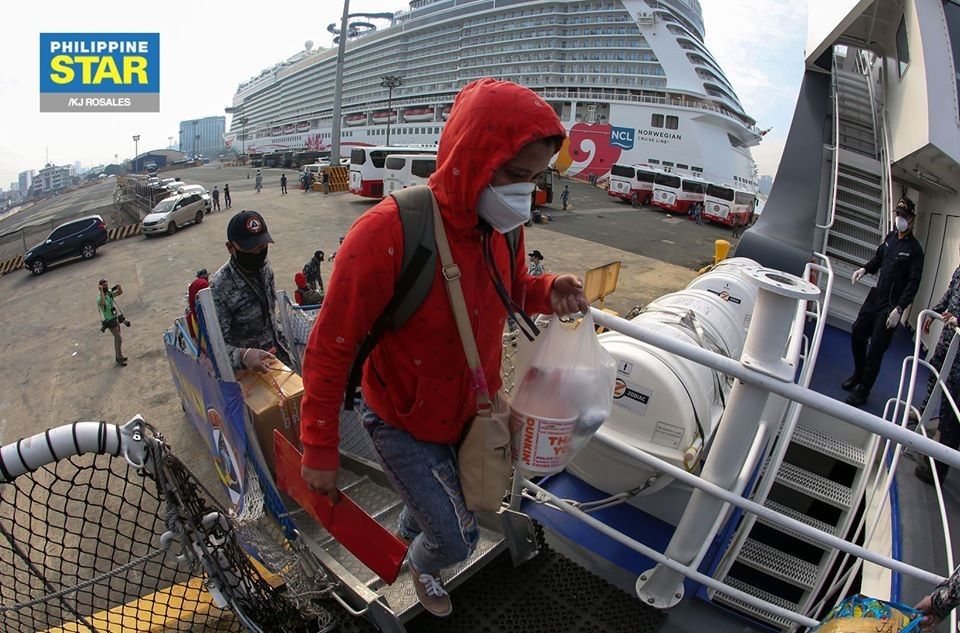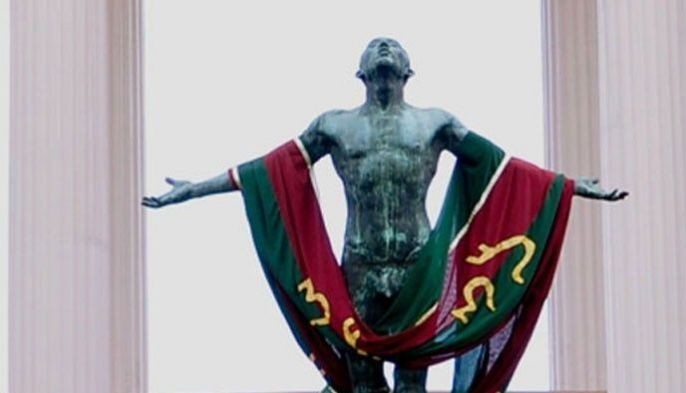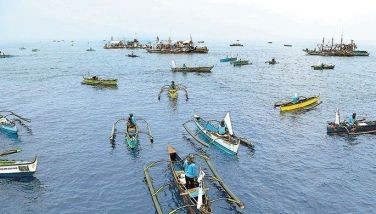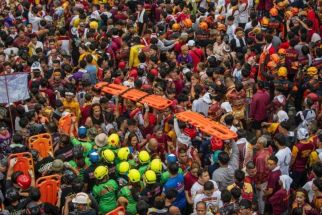People stranded in Metro Manila now need PCR test before heading to provinces

MANILA, Philippines — Locally-stranded persons would now have to undergo polymerase chain reaction (PCR) testing before they are allowed to return to their provinces, Malacañang said Thursday.
Some sectors have blamed the Hatid Probinsya, a government program that helped stranded persons return to their provinces, for the rising number of coronavirus cases in some previously infection-free areas.
A similar but separate "Balik Probinsya" program to bring people from urban centers to live in the provinces has also been suspended.
Fourteen lawmakers from Eastern Visayas have urged the government to ensure that stranded persons are free from the coronavirus disease 2019 (COVID-19) before they are sent home.
Presidential spokesman Harry Roque said Joint Task Force COVID Shield has issued new domestic travel protocols to prevent the spread of the virus, including imposing a moratorium on the return trips of stranded persons.
"For locally-stranded individuals, there will be a moratorium (on return trips) until you undergo PCR tests. (You have to be tested) before you can go home to your provinces," Roque said at a press briefing.
Under previous protocols, overseas Filipino workers and overseas Filipinos only had to secure a medical certificate before they can return to their hometowns and would only undergo PCR tests once they arrive in their provinces.
If the area has no capability to conduct such tests, returning residents will have to undergo a two-week quarantine.
Roque said people who are allowed to go out of their homes because of their work and who will ride airplanes or ships have to secure medical certificates from government-accredited medical facilities.
They also have to bring with them their medical clearance certificate, company IDs and employment certificates. For those traveling by land, they have to bring employment certificates and company IDs.
Stranded persons or emergency travelers in general community quarantine (GCQ) or modified general community quarantine (MGCQ) areas should secure a travel authority from local governments.
They also have to bring their medical clearance certificate and valid ID while traveling. The travel authority, however, will only cover destinations that are under GCQ or MGCQ.
Those who are not emergency travelers, authorized persons outside residence, or stranded individuals are not allowed to travel and are advised to stay home.
- Latest
- Trending































